“Benedict’s Teaching for Dark Ages, His and Ours”
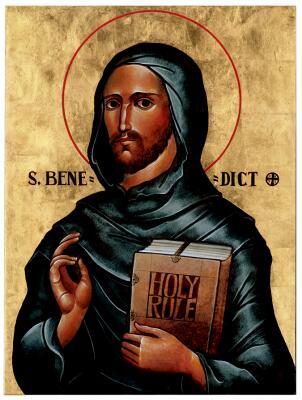
While Roman civilization collapsed around him, Benedict a fifth-century monk and abbot authored his Rule for monks and set forth a way of life for the monasteries that would become one of the few lights of wisdom and civility in an age of increasing darkness and social isolation. Benedict taught those who lived in these dark ages how to make their daily lives an integrated whole of prayer and work, enlightened by the wisdom of Christ. In this respect, his Rule contains many lessons that apply to Christians in contemporary life.
“Thomas Aquinas on God and Evil”
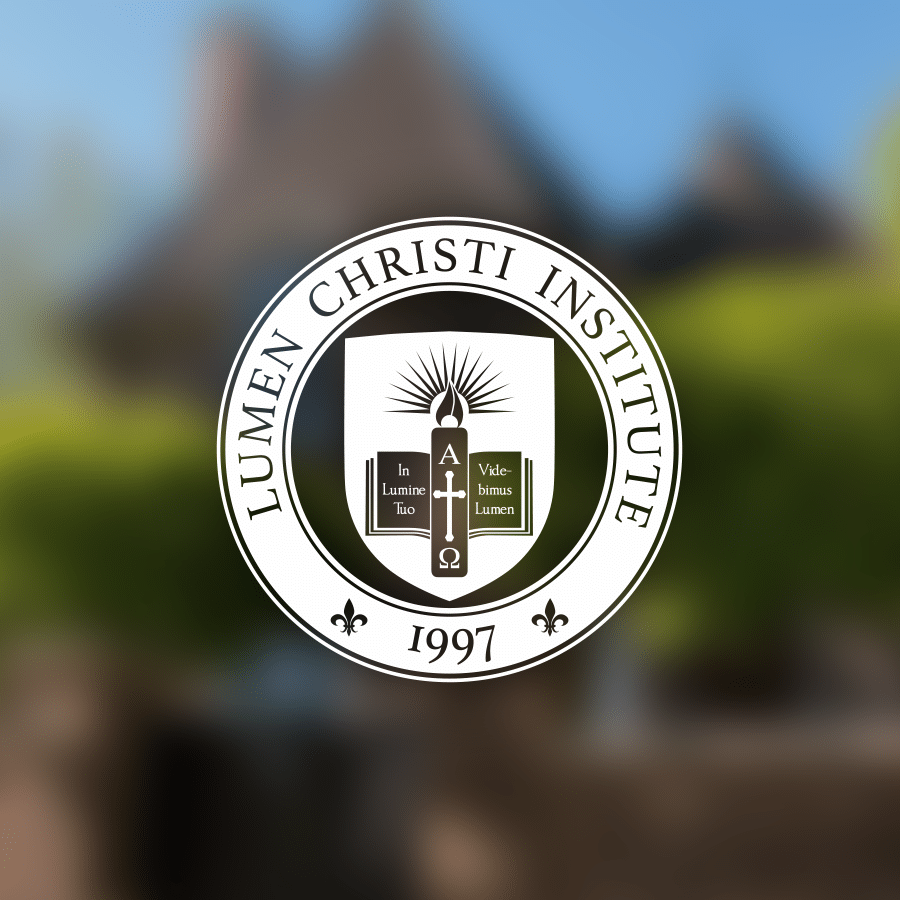
Many people find that they cannot reconcile belief in the existence of God with the reality of evil; for if an all powerful and perfectly good God exists, then why is there so much suffering and injustice? Brian Davies, in his most recent book, Thomas Aquinas on God and Evil, argues that Aquinas gives us the proper theoretical framework for dealing with these tensions.
“Emotion and Virtue in Thomas Aquinas”

Co-sponsored by the Templeton Foundation and The Philosophy Department Abstract: For Aquinas, ethics is nothing other than the study of human psychology insofar as it flourishes or fails to flourish. Consequently, his thought on emotion is crucial to his account of virtue. This lecture will discuss Aquinas’s theory of the emotions and its implications for his virtue theory.
The Unintended Reformation”
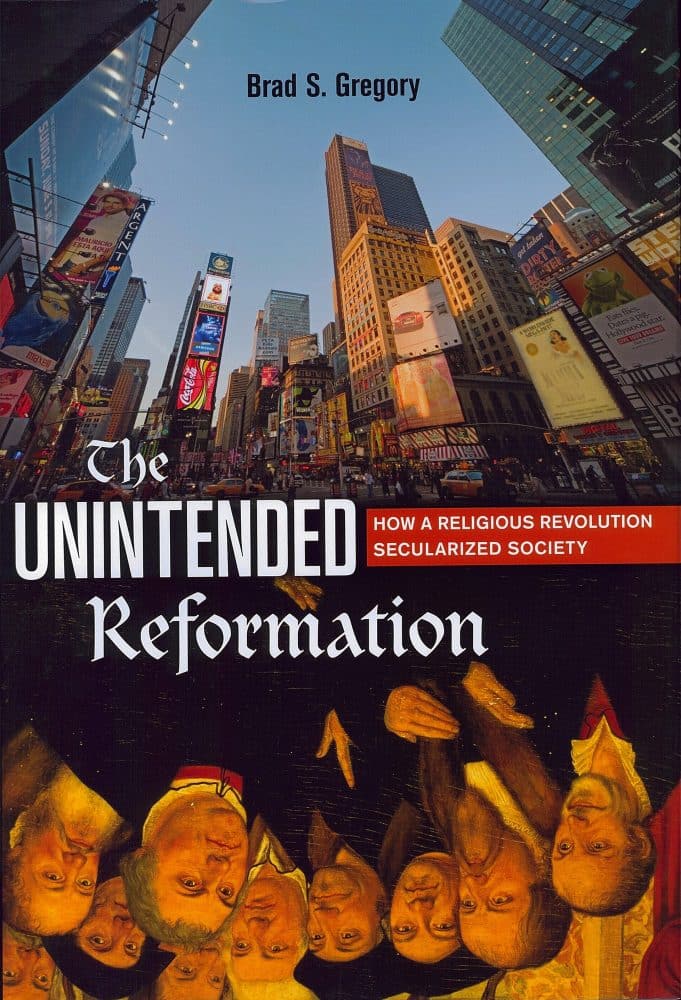
Co-sponsored by the Department of History and The Early Modern Workshop In his latest book, The Unintended Reformation, Brad Gregory identifies the unintended consequences of the Protestant Reformation and traces how it has shaped the modern condition. He argues that hyperpluralism, an absence of a shared sense of the common good, and the triumph of consumerism are each the long-term effects of a distinctive religious movement that marked the end of a period of history in which Christianity provided a framework for a shared intellectual, social, and moral life in the West.
“John Climacus” Non-Credit Course

Lecture, 7:00pm Informal Dinner, 6:30pm Intended for University students, faculty, and recent graduates. Others interested in attending, contact info@lumenchristi.org. May 24 “John Climacus: Cleansing, Death, and Resurrection in his “The Ladder of Divine Ascent” Perry Hamalis (North Central College) Co-sponsored by the Orthodox Christian Fellowship John Climacus (ca. 579-ca. 659) uses a number of analogies to describe the dynamics of spiritual development in his famous ascetical work, The Ladder of Divine Ascent. In addition to the image of a “ladder,” embedded in the work’s title, St. John uses a range of medical imagery, appeals to figures and events from the Hebrew Bible, and even…
“The Making of Thomas Aquinas’ Summa Theologiae”
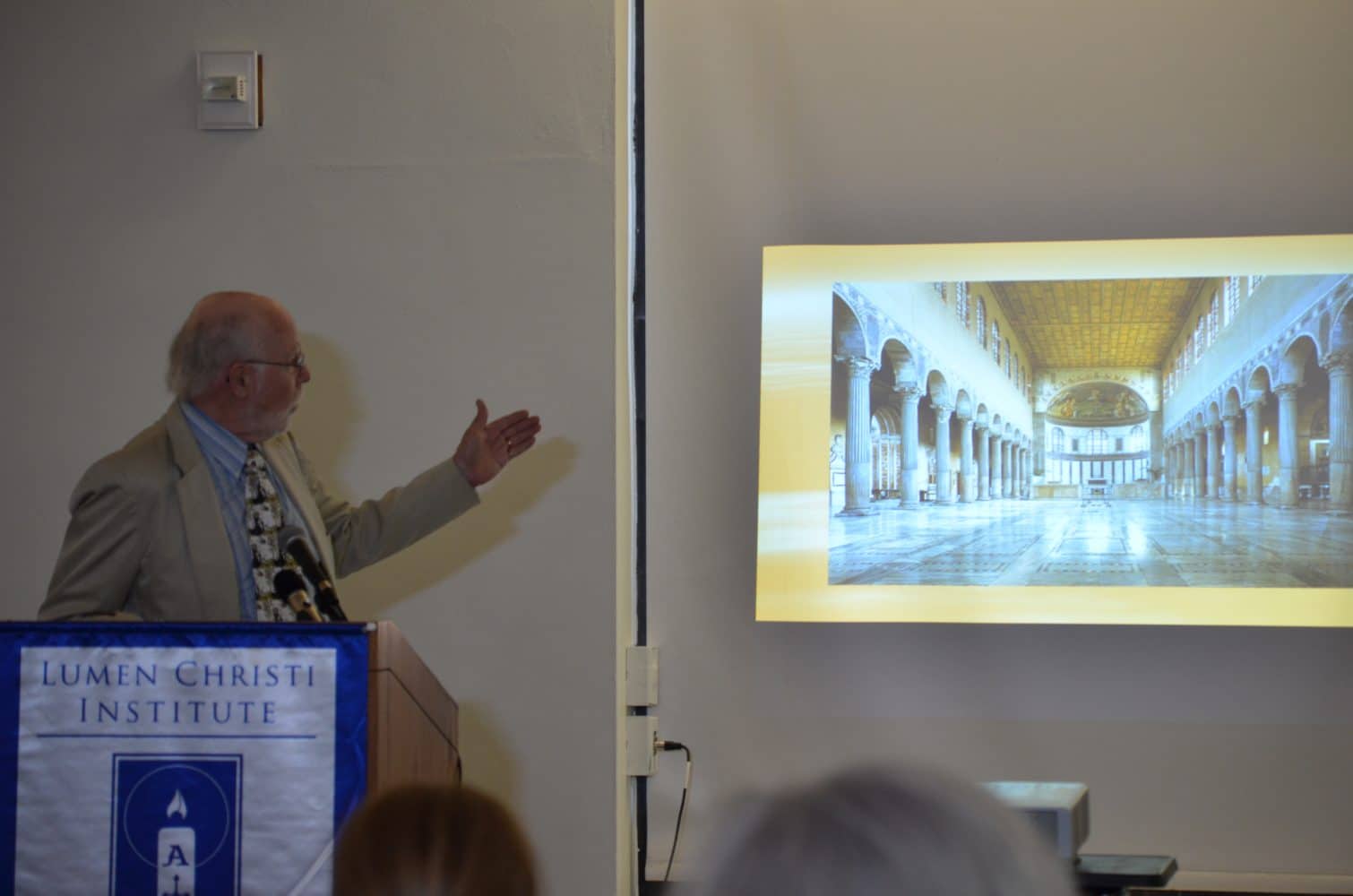
Co-sponsored by the Medieval Studies Workshop The Summa Theologiae of Thomas Aquinas stands among the finest expressions of the Catholic “understanding of faith” (intellectus fidei). Over a thousand commentaries have been written on it. A leading historian of Medieval Christian thought, Bernard McGinn explores Thomas’s reason for writing the Summa and its principles, structure, and originality.
“What Makes Music Sacred?”
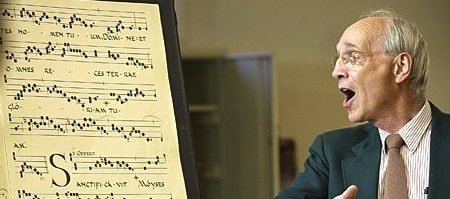
Cosponsored by the Department of Music and the Medieval Studies Workshop While it is easy to recognize traditional forms of sacred music: Gregorian chant, classical polyphony, organ music, choral music, and vernacular hymns it is difficult to pinpoint what it is that makes music sacred? This lecture will reflect upon the relation of the sacred and the beautiful in the liturgy. It will consider what is meant by sacred, as distinguished from holy and place those things considered sacred in the context of their reception and intrinsic suitability.
“Gregorian Chant as Splendor Formae of the Liturgy”
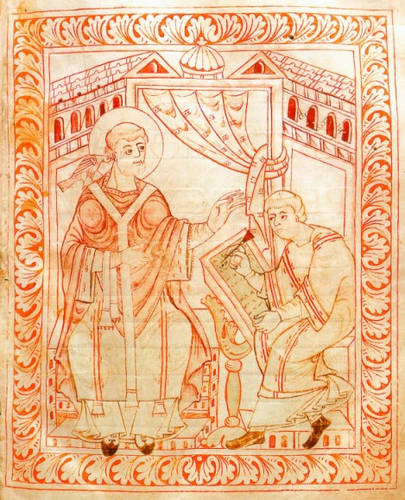
Cosponsored by the Department of Music and the Medieval Studies Workshop A principal Medieval definition of beauty is splendor formae, the manifesting of the very nature or form of a thing. While the liturgy can be described as a great divine action, it is also comprised of a variety of discrete chants. Being entirely sung, its Gregorian chants differentiate the character and function of each action and thus express a purposeful variety. This lecture will illustrate the beauty of the liturgy by comparing these chants particularly the gradual and alleluia in relation to the responsories of the Divine Office.
“Shakespeare, Identity, and Religion”
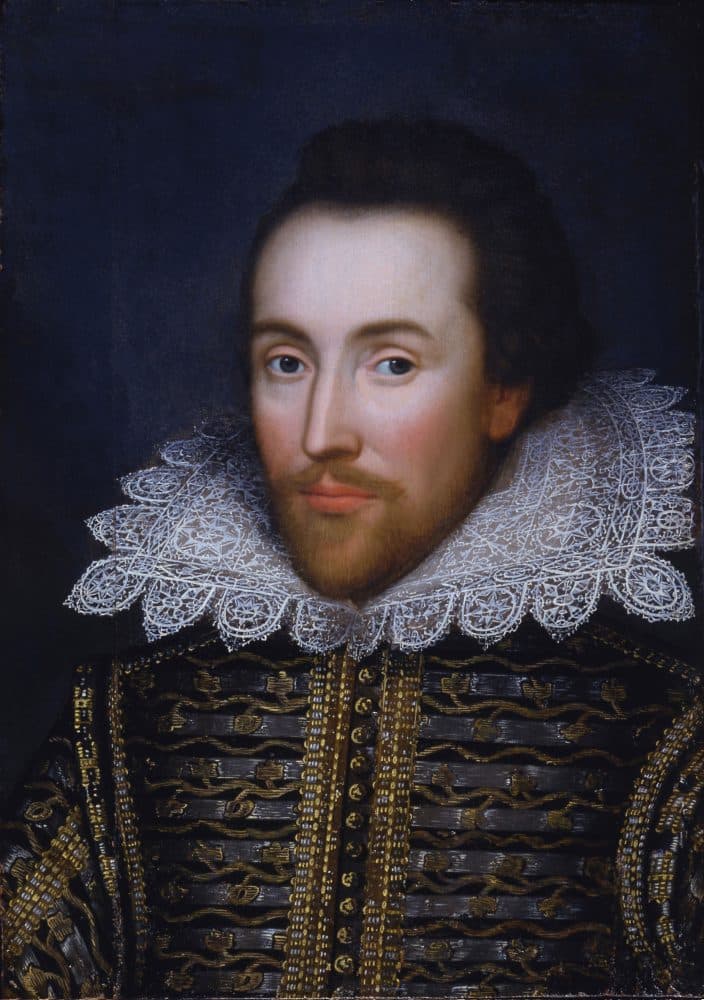
Cosponsored by The Nicholson Center for British Studies Whether Shakespeare was Catholic has long been a point of speculation. Recent research into the life of Oxford philosopher and double agent William Sterrell has revealed a neglected group of Catholics connected to Shakespeare at and around the courts of Queen Elizabeth and King James. The potential influence of these crypto-Catholics practicing their faith in animo while outwardly complying with the legally enforced state religion offers a new understanding of Shakespeare’s works and audience.
“Reason and Wisdom in Medieval Christian Thought,” Non-Credit Course
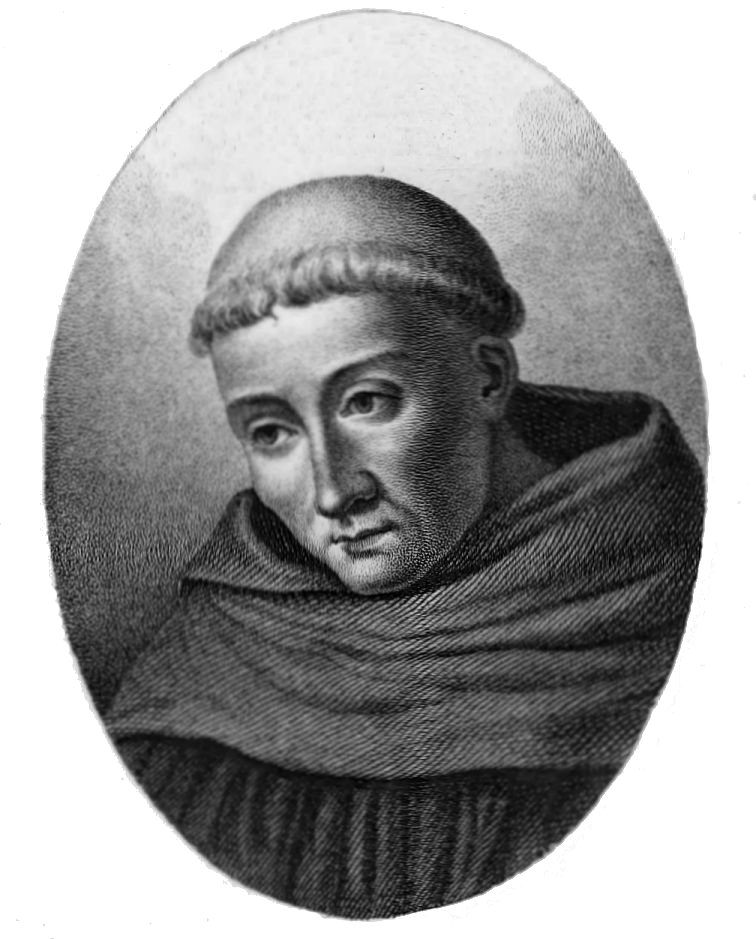
Informal Dinner: 6:00PM Lecture: 6:30PM Intended for University students, faculty, and recent graduates. Others interested in attending, contact info@lumenchristi.org. With the recovery of the works of Aristotle in the Latin West, the development of the scholastic method of reasoning, and the creation of the universities, a style of academic philosophy and theology developed in the late medieval period in which the practice of reasoning about Christian revelation was developed independent of spirituality and, often, the search for wisdom. Previously, in the works of the Church Fathers and the great monastic writers, theology was rooted in a spiritual life uniting prayer and…